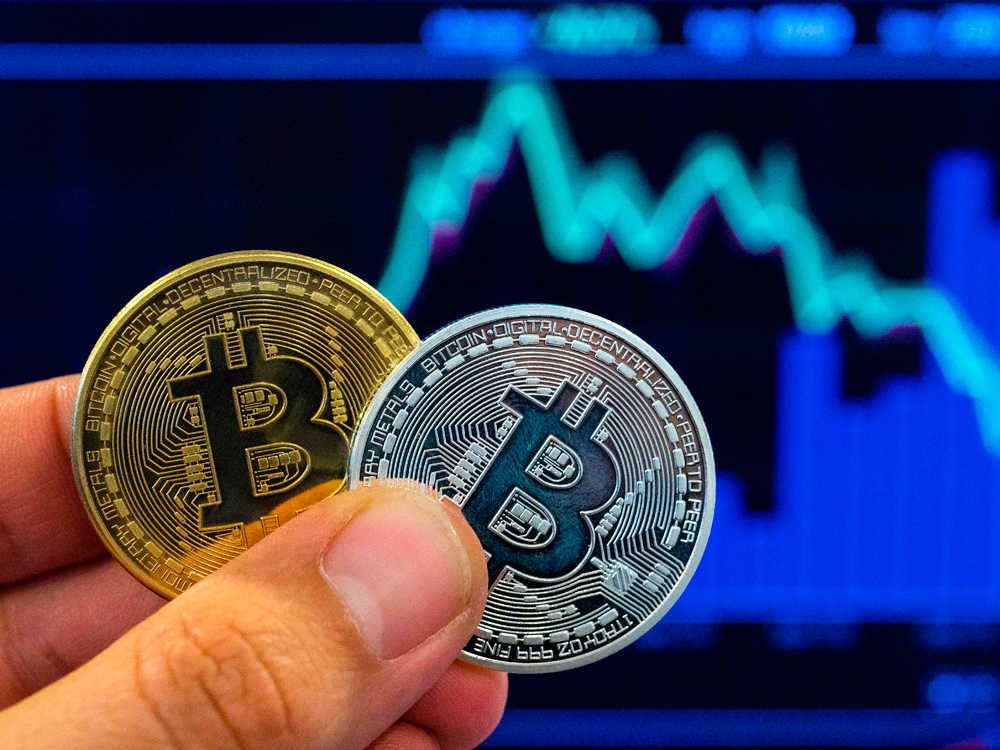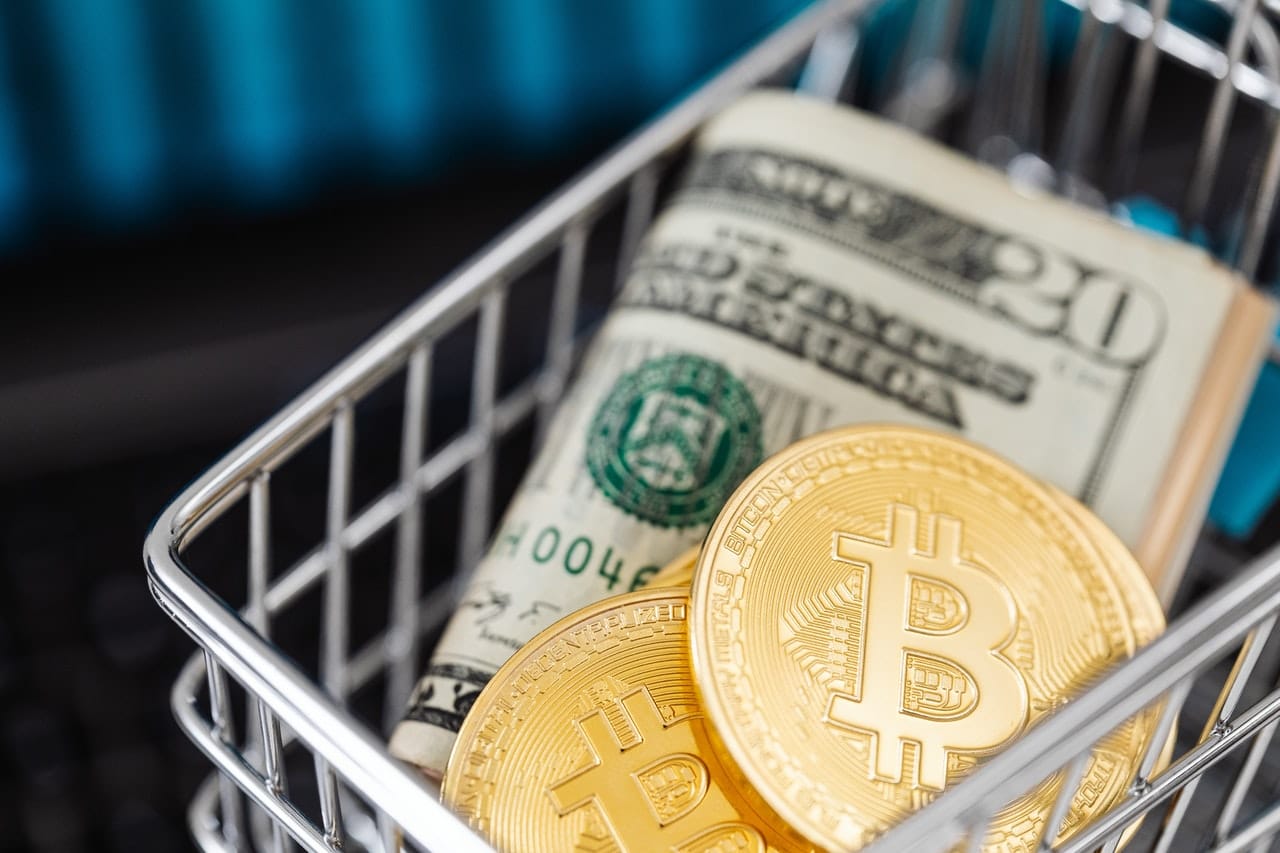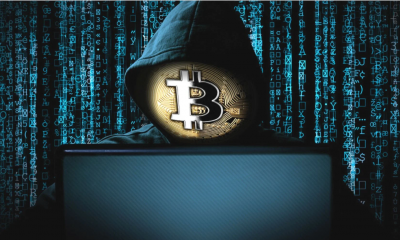Bitcoin and other cryptocurrencies had a bearish January with massive losses for investors; February has already proven to be an even worse month as the Chinese government has blocked search engines from providing information on cryptocurrencies and ICOs.
Several banks have also stopped the purchase of cryptocurrencies with their credit card.
Recall that Bitcoin and other cryptocurrencies had a bearish January with massive losses for investors, losing over 40%, while other coins had equally steep losses.
Tether is a cryptocurrency supposedly pegged to the US dollar. So every unit of a tether is backed up (in theory) by the dollar. Tether is favoured by investors in periods of extreme bitcoin volatility.
Bitfinex, an exchange and the company behind Tether is yet to provide evidence that it has enough dollars for each Tether created. This has prompted concern among investors that the exchange could be artificially pumping the market.
Also the Japanese hack which led to its exchange being robbed of about $532 million worth of NEM is another factor. Hacking of an exchange tends to cause a drop in cryptocurrency prices because traders tend to either cash out to fiat currency or move their coins offline.
Facebook also issued a press release last week banning adverts related to cryptocurrencies and Initial Coin Offerings (ICOs). The company hinged the decision on what it termed ‘fraudulent claims’. Facebook, however, stated, that the decision is subject to review
Promoters of several Initial Coin Offerings (ICOs) bolted after collecting investor funds. The lack of regulation in the ICO space means such funds are unlikely to be recovered.
Virgin Money has banned the purchase of cryptocurrencies with credit cards, joining several other banking institutions. Lloyds Bank has announced its own ban on credit purchases, while JP Morgan and Citigroup announced their own ban a few days ago.
The banks are taking this step in order not to hold any form of liability arising from losses on these assets.
While the US Senate hearing held this week, did not ask for an outright ban on cryptocurrencies in the country, it pushed for more regulation.
It is yet unknown what form this will take place, beyond the current guidelines. Initial Coin offerings in the United States are currently open to only accredited investors. The hearings are billed to continue at a later date.
Bitcoin dropped below the $6000 mark as many investors sold in panic. This then precipitated a further fall in other cryptocurrencies. It has since bounced back to $7800.
These are the factors behind those losses, which have shown no signs of abating in February.

 Featured1 week ago
Featured1 week ago
 Aviation1 week ago
Aviation1 week ago
 Aviation6 days ago
Aviation6 days ago
 Business4 days ago
Business4 days ago
 Business4 days ago
Business4 days ago
 Featured1 week ago
Featured1 week ago
 Education4 days ago
Education4 days ago
 Crime4 days ago
Crime4 days ago










